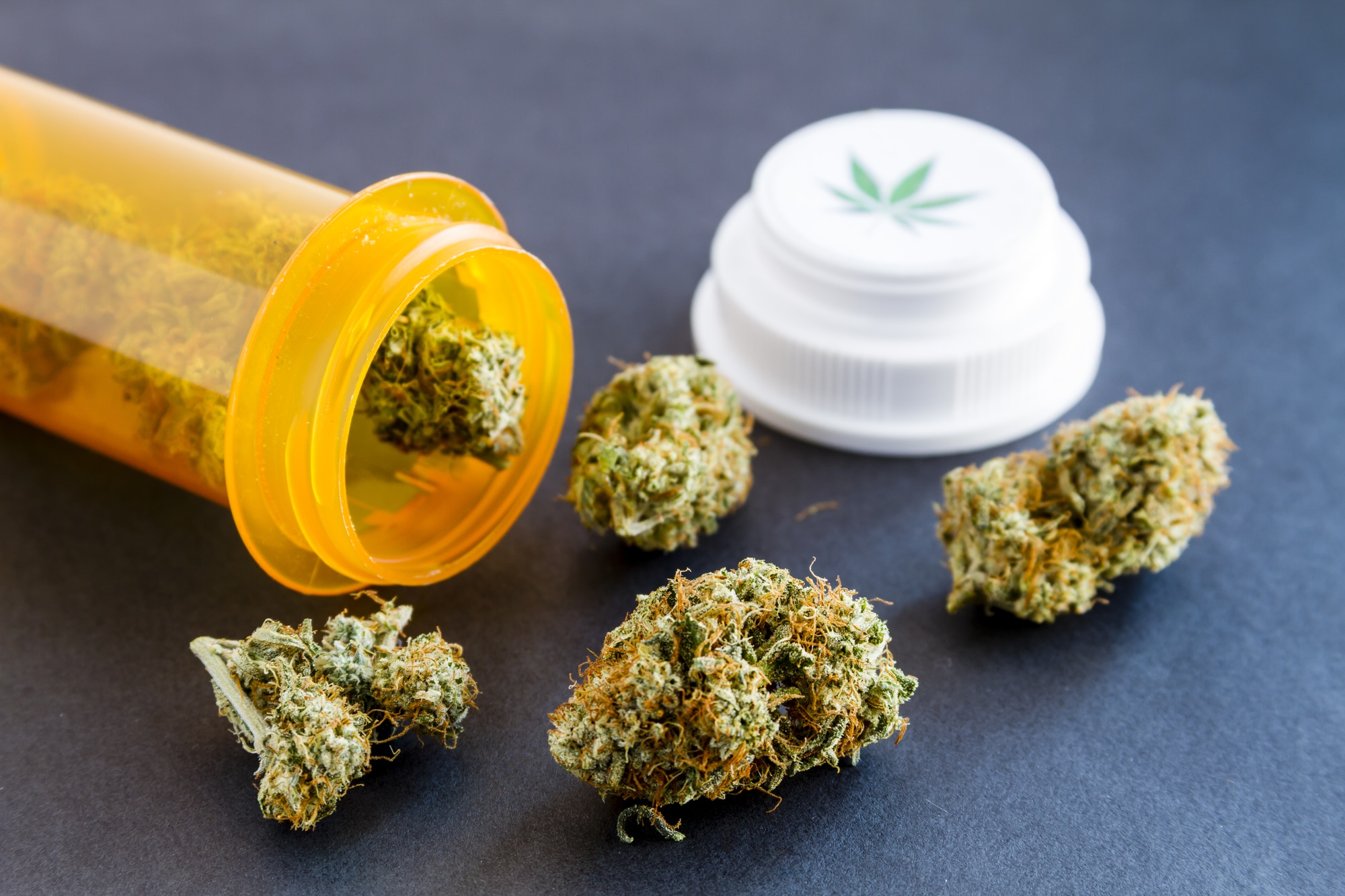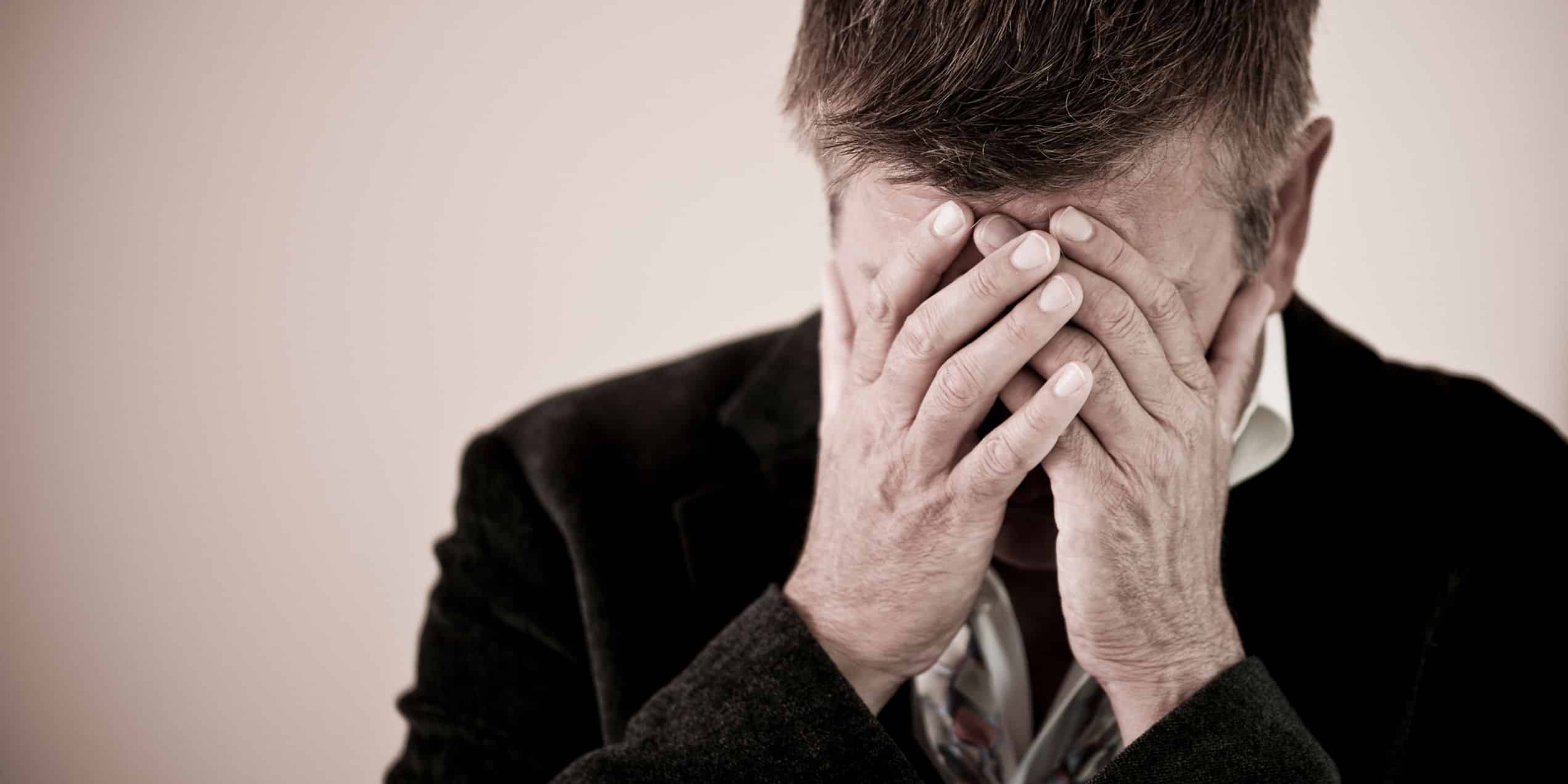Cannabis
Speak to a clinician on all aspects of cannabis addiction:withdrawal,detox,rehab,admission, counselling,therapy,cost,location and availability.
Help Us Help You
Effects to Cannabis
Speak to an experienced clinician in confidence for free and impartial advice on all aspects of addiction detox treatment and rehab
Free Rehab Advice
Free Rehab Advice exists to provide free and independent advice to those seeking admission to drug and alcohol rehabilitation.
Find Out MoreHome Detox
Speak to an experienced addictions clinician on home detox: free, impartial and confidential
advice.
Residential Rehab
Call for free and impartial advice on residential rehab,detox,recovery, therapy and counselling from a clinician.
Find Out MoreCannabis
Long term effects
Cannabis can affect the way a persons brain develops. If someone starts to use it in teenage years, Cannabis can impair thinking and memory and also affect the learning potential of an individual. There can be permanent changes to someones IQ level due to cannabis use.
Physical Effects
Those who use Cannabis can expect to experience a number of health problems, some of which can be serious, namely:
Breathing problems: Cannabis irritates the lungs and it is not uncommon for people who smoke Cannabis to develop the same long term problems as those who smoke tobacco.
Child development: This can occur both during, and after, pregnancy.
Increase in heart rate. This can occur for up to three hours after smoking Cannabis and can increase the risk of a heart attack. Those with underlying heart conditions, and older people, are at particular risk.
Severe vomiting and feelings of nausea. A condition known as Cannabinoid Hyperemises syndrome can often occur. This leads to episodes of very severe vomiting, nausea and loss of fluids necessitating emergency medical intervention.

Cannabis
Psychological effects:
Aside from the temporary potential for psychosis, paranoia and hallucinations, Cannabis is also linked to the worsening of symptoms for those with major mental illnesses such as Schizophrenia. It is also linked to suicidal thinking and anxiety and depression.
Mental Effects:
Long term Cannabis use has been linked to increased incidents of mental illness in those who regularly use Cannabis, this can be in the form of:
Hallucinations
Worsening in the symptoms of an underlying major mental illness such as Schizophrenia
Anxiety
Paranoia
Depression
Suicidal thinking

Get The Help You Need Today.
If you are seeking help, either for yourself or a loved one, call Paul to discuss.
Contact UsFrequently Asked Questions
Unsurprisingly, we get asked a lot of questions, to make things easier for you, we have included some of the most common one below.
What is cannabis?
Also known as Marijuana or pot, cannabis stems from the Cannabis Sativa or Indica plant which contains the mind altering chemical THC, as well as other similar compounds.
According to one of the leading UK providers of community drug and alcohol services, up to ten percent of those who use cannabis become addicted to it. https://www.wearewithyou.org.uk/help-and-advice/advice-you/can-you-get-addicted-cannabis-weed/
How is it taken?
Most people who use cannabis do so by smoking it in a hand rolled cigarette, also known as a “joint”. It can also be used in a vaping device as well as put into food, especially sweet dishes such as biscuits and brownies.
How do you know if someone is dependent on Cannabis?
As with all substances there are telling signs of when dependency has set it. Common, amongst those who find it difficult to stop using Cannabis are the following:
* Despite trying to stop, or reduce use, the user is unable to
* Even though the person using Cannabis knows it is problematic and is affecting them, they can’t stop using it.
* Having to smoke more to get the same effect
* Loosing interest in work, family life, social activities
* Withdrawal symptoms
How does Cannabis affect the brain?
Cannabis can have both short term, and long term, effects. In the short term, the THC in Cannabis passes from a persons lungs and into the bloodstream and thus carries the chemical to both the brain and other organs in the body. If it is taken in the form of a brownie or biscuit, it takes longer to be absorbed into the body: up to an hour.
The THC acts on specific brain cells receptors that will react to THC like chemicals. Cannabis over activates parts of the brain that have these receptors. This is why people feel “high” and report the following:
* Seeing brighter colors
* Having an altered sense of the time of day
* Mood changes
* Slowing down of body movement
* Unable to solve simple problem solving
* Problems with memory
* Seeing things that others can not (hallucinations)
* Believing you are being watched and/or followed (delusions)
* Psychosis
Is it possible to overdose on Cannabis?
Yes! When someone uses enough life threatening symptoms can present themselves: It can also lead to fatality. This usually occurs when someone is using Cannabis alongside other substances.
Is marijuana addictive?
Cannabis use can become addictive. While there are those who use it infrequently, heavy users may find that , if they stop using it suddenly, they will experience the following:
* Lack of sleep
* Very poor appetite
* Heightened anxiety
* Strong Cravings
* Very short fuse
* Significant reduction in motivation
What help is available?
Someone who is dependent/addicted to Cannabis needs to undertake a treatment plan where they can achieve abstinence: both in the immediacy of being in a rehab centre, and long term. This is achieved, as always, with a thorough pre-admission assessment by an experienced clinician. There is no “detox” for cannabis. Those with acute psychosis will need a level of medical supervision that is, ordinarily, outside the scope of a rehab centre. However, this is rare and, ordinarily, the vast majority of those with a dependency/addiction to Cannabis can be successfully treated in a rehab centre.
For the first few days, close medical monitoring is required while the user settles into the therapeutic programme on offer, either a 12 step or SMART based approach. Many centers augment the core therapy programme with adjunctive therapies such as:
* Art therapy
* Yoga
* Mindfulness
* Music therapy
* Exercise and group walks
* Individual therapy (for those attending for more than a week)
Those in treatment work on their recovery capital: The resources that a person has available to them to find, and maintain, their recovery. There are four aspects to this:
* Personal :An individuals human and physical resources so that they can fulfill their essential, day to day, needs.
* Family/social :These relate to close and intimate relationships with both friends and family and interactions with those also in recovery
* Community: This relates to resources available in the community as well as wider government policy. This can include religious and pastoral support as well as support organizations such as NA.
Still Have Questions?
Call UsContact Support
if you find yourself in need of assistance at any hour, we're here to support you around the clock. Whether it's the dead of night or the crack of dawn, our team is available 24 hours a day, 7 days a week, ready to lend a helping hand whenever you require it. So, if you ever find yourself in a pinch or simply need someone to talk to, don't hesitate to reach out. We're committed to being there for you whenever you need us, no matter the time.
